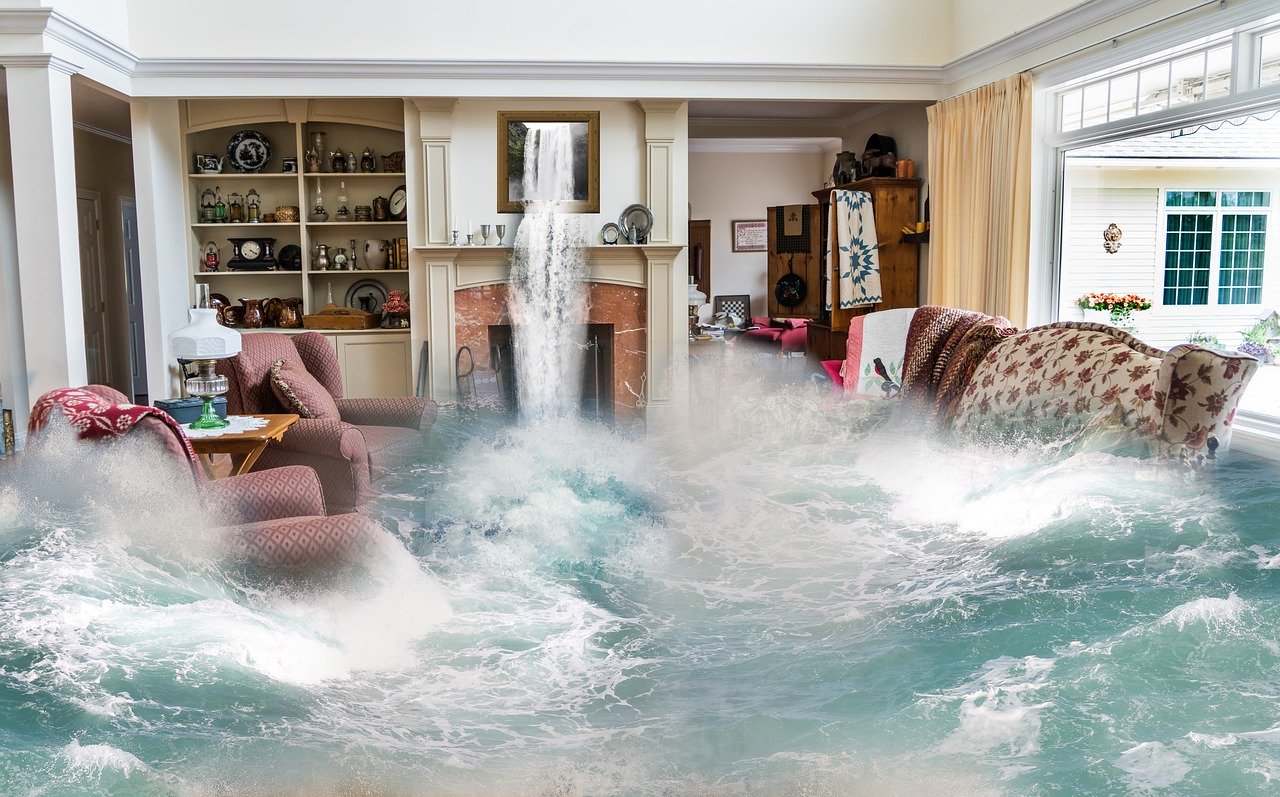

Updated on May 9, 2019
The recent large amount of rain Southern California has enjoyed has startled many residential tenants in apartment buildings. Given the amount of rain and the age of many apartment complexes in Los Angeles, many apartment owners and renters probably were not prepared for deluge of rain. Due to the rarity of heavy downpours, it should be no surprise that most of the older apartment units in Los Angeles are not properly equipped for rain. With water intrusion, the common question is how do you get your landlord to make the necessary levels to make sure you and your possessions stay dry.
In California, all residential dwelling units must be “tenantable” i.e., “bare living requirements” must be met. (Green v. Superior Court (1974) 10 Cal.3d 616, 637–638). Poor waterproofing and weather protection of roof and exterior walls, including unbroken windows and doors, are factors that can make a dwelling unit untenantable. (Civil Code § 1941.1(a)(1)). There are eight more categories such as plumbing or gas, water supply, heating facilities, electrical light and other essential utilities that cannot be lacking for any dwelling unit. (Civil Code § 1941.1(a)). Moreover, California has a concept called, “Implied Warranty of Habitability,” which states that a warranty of habitability is implied by law in all residential leases in California. Green v. Superior Court (1974) 10 Cal.3d 616. This policy the implied warranty of habitability is to make sure that residential tenants enjoy a certain basic standard of living.
As tenants under a residential lease, you have the right to ask for good condition within your apartment because your landlord has three main duties in regards to repairs:
Thus, feel confident in requesting to your landlord what you deserve. Here are some tips on what you can say to your landlord (in email or letter):
Even with these preliminary steps, sometimes the landlord fails to make the appropriate repairs. If you have concerns that have not been addressed, make sure you consult a real estate attorney.
For any real estate matters, contact Schorr Law today to schedule a consultation with one of our attorneys. Call: (310) 954-1877 | Email: [email protected] | or Text us at: (310) 706-2265.
See related: When Can a Landlord Keep a Security Deposit?